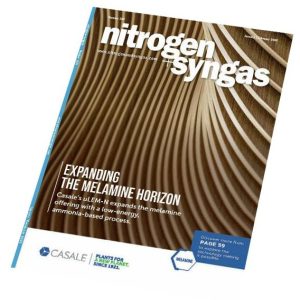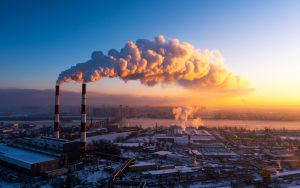
EU Executive VP Séjourné advocates ‘Made in Europe' preference for strategic sectors
EU Executive Vice‑President Stéphane Séjourné published an op‑ed calling for tying European public funding to companies that commit a substantial share of production to the EU. The piece, syndicated in several major outlets including Handelsblatt on 2 February 2026, was presented as a call signed by 1,141 European business and union leaders. “Whenever European public […]






